What is Story Sovereignty?
Story sovereignty is a storytelling framework that centres Indigenous storytelling practices, worldviews and storytellers.
It values the ways in which storytelling can be used as a way to build social bonds, support collective decision making, and recognise our interconnectedness with all living things.
Through prioritising collectivism or communal governance models, it also means understanding how storytelling is a process that nurtures and iterates the importance of collective memory for the ongoing survival of Indigenous peoples and their knowledges.
It refers to the power of storytelling and storytelling practices by Indigenous communities, for Indigenous communities. The “sovereignty” that comes from storytelling refers to the ability for Indigenous people to determine their own stories, their own history, their own future, and frame them as they choose.
Story Sovereignty has not been a part of mainstream education or media culture until recently. And to be frank - it has a long way to go! As a result, there are many misconceptions about the ethics of telling Indigenous focused stories.
This blog explores what storytelling sovereignty can mean for Indigenous people today and how it intersects with ethical storytelling practices.
Where did the term Story Sovereignty come from?
I first came across the term through my friend, incredible storyteller and mana wahine, Hanelle Harris (Ngāpuhi, Ngāti Tūwharetoa ki Kawerau and Ngāti Porou and Lebanon). Harris speaks on story sovereignty with no apologies. In conversation with ACMI, Harris says "Visibility’s not enough anymore, it needs to be story sovereignty". These are sentiments I have shared for many years, and spoken on frequently particularly how only those from our communities, know what we need to feel safe in storytelling spaces. And we are not alone - for generations, many of our tupuna have called for the importance of writing and orating our own narratives, and the agency to build spaces that support us to do this safely. Harris expands on why visibility’s not enough in discussion with Capsule NZ:
“Stories always seem stronger when the voices behind
the scenes match the faces on the screen. It’s because
it’s our lived experience – we’re telling it from the inside
out, rather than from the outside in.”
As storytelling becomes more popular, particularly in the world of data and information, it is becoming increasingly important to recognise the power of storytelling and how it connects us all. Indigenous storytelling practices are a form of historical narrative recount. Highly intelligent, intricate and detailed interpretations and expressions of lived experiences and knowledges. The reduction of the value of arts and storytelling by the colonial project is an ongoing attempt to dehumanise and simplify it’s value to Indigenous peoples.
Storytellers are historians.
Storytellers are knowledge holders.
Storytellers are prophets.
Today storytelling is a continuing means of communication for Indigenous people from around the world to share our culture, history and language with others as solidarity and resistance. Indigenous peoples are not interchangeable, and neither are our stories or our storytellers.
When speaking on how story sovereignty informed the development and production of her show, SIS, Harris shared with ACMI that from the inception of this project, together with her mentees Destiny Momoisea and Maiya Thompson, Harris worked to incorporate Māori ways of knowing and being into her process.
So what can story sovereignty look like in creative work?
Storytelling that reflects the values and beliefs of Indigenous people is
ethical storytelling.
Storytelling should be led by Indigenous storytellers, where all parties
involved are treated with respect.
Respecting cultural expressions as it's respected in storytellers and their
communities own spaces.
Ensuring that Indigenous peoples own the content & copyright (Intellectual property concerning modern and Traditional Knowledges) to what has been created.
Understanding how important a sense of identity and belonging is and building and nurturing opportunities to express this.
It also means understanding how storytelling is a process of establishing ongoing relationships between people, therefore there is an ethical responsibility to share stories in ways that are respectful and caring of past, present and future generations.
It does not erase nor generalise the specific and nuanced storytelling practices embodied by Indigenous storytellers, but rather acknowledges and embeds the importance of place-specific knowledge and storytelling practices within content development and production.
Building inclusive work spaces and frameworks for parents and families.
It prioritises communal wellbeing, including monitoring and supporting physical, mental, and spiritual wellbeing through prioritising collectivism or communal governance models.
Challenging linear notions of time and prioritising process as much as outcome.
Decentralising colonial architecture as creative spaces by embedding connection to land, water and skies as a valid place to seek, source from and deliver creativity.
It does not allow space for outsiders to demand intellectual property, nor access to cultural practices, protocol or spaces from Indigenous peoples.
This is merely a suggestive (but by no means exhaustive) list because truly - to champion Story Sovereignty is to reject any type of ‘one size fits all’ model.
It is up to each storyteller to determine what sovereignty looks and feels like to them.
This blog was originally posted via the Unravel Podcast blog in 2022, and you can listen to the audio of it being read on S1, Ep2 of Unravel here.
